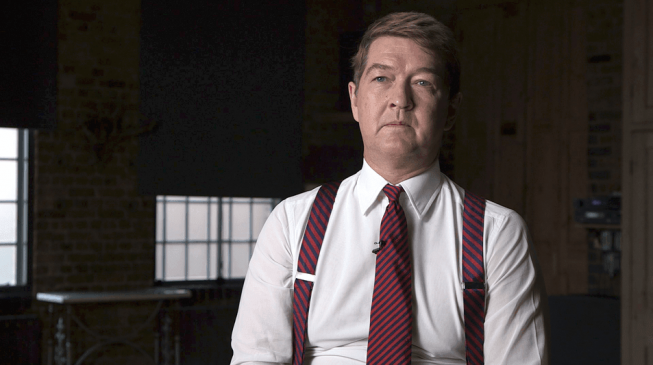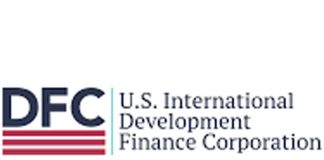Andrew Nevin, the chief economist for PwC Nigeria, says Nigeria’s approved N2.3 trillion COVID-19 fiscal stimulus is small when compared to the size of the economy.
Nevin said the ideal stimulus package for Nigeria at this time should be between N15 trillion to N25 trillion. He also admitted that the federal government does not have the funds for such fiscal stimulus.
Speaking during an interview with TheCable over the weekend, Nevin said Nigeria’s fiscal stimulus for the COVID-19 economic crisis is not enough.
“I think if we looked at developed nations, Canada, the United Kingdom, Australia, Germany, the size of the stimulus packages are kind of 10 to 25 percent of GDP,” he told TheCable.
“In our context, if our GDP is now about N150 trillion, 10 to 25 percent will be at least N15 trillion to N25 trillion. So, the N2.3 trillion is small, and it’s just a reflection of our reality.
“We went into with low growth, we had quite a high deficit, we are also an oil economy, so the projected revenue to the federation account has gone from N5.5 trillion to N1.1 trillion.
“So there is fiscal pressure, the government is short of funds. Let’s be honest about it, so the fiscal stimulus is not enough. At the end of the day, Nigeria needs investments, no issue about it, and no one, if we are also honest in 2020, is very difficult to make an investment.
“Under are in lockdown conditions with no international travel. Both domestic and foreign investors, it is difficult to do all the research, put together a project, but we need investment in 2021.”
He said that Nigeria needs to unlock dead capital, emphasising that the country cannot rely on the outside world or oil prices to fix the Nigerian economy. He said only Nigerians can fix the Nigerian economy now.
‘PRIVATE SECTOR NEEDS TO EMPLOY 10 TIMES MORE’
Answering a question about the implementation of the Oronsaye Report and consequent job losses, the Canadian who has been in Lagos since 2012, said Nigeria needs a much bigger private sector to achieve prosperity.
“I think we need to remember that there is no path to prosperity unless the private sector is 10 to 15 times bigger than it is now,” he added.
“The organised private sector needs to be much much bigger, it needs to employ 10 to 15 times as many people. It is only the private sector growth that is going to make Nigeria prosperous.”
He explained that implementing the report might cause short term pain, but an effective public sector would help the private sector thrive, by getting the right investment.
“There may be some job losses, it may cause short term pain — we would definitely be in favour of having generous severance package for people that lose their jobs, but the system as it is structured right now is not getting the needed investments in Nigeria.”
UNREALISTIC TIMELINE FOR OSINBAJO’S PLAN
Nevin, who was the president of United Family Hospitals, China’s pre-eminent international hospital chain during the SARS crisis, said the timeline set by the Yemi Osinbajo-led committee for economic sustainability plan is unrealistic.
Nevin, who lauded the plan itself, said: “I have to be honest and say we are very supportive of what the federal government is doing, but I mean sometimes these plans are a little unrealistic in terms of the timeline, particularly if you’re building a national programme”.
“Someone who is trying to build a national business would probably take five to seven years. So to roll the programme out in six months to one year is enormously challenging.
“These programmes are over-ambitious, in terms of how fast they could be implemented.”













